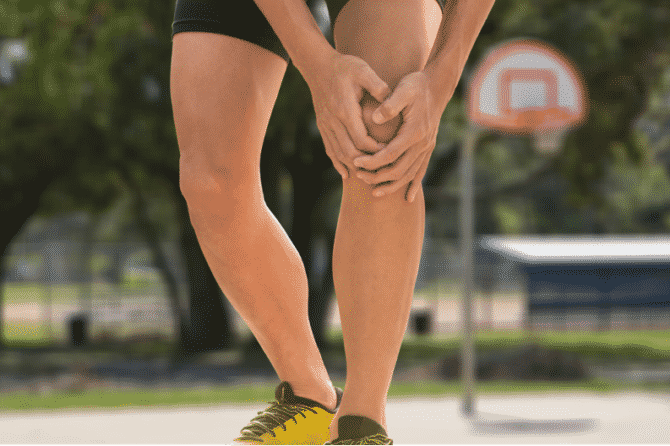
Patellar tendinopathy is a common cause of anterior knee pain, mostly affecting athletes. Also known as patellar tendonitis, or Jumper’s Knee, the pain is severe at the point where the patellar tendon joins the tibia and affects the performance in all levels of mobility and athletic participation.
Autologous Platelet-rich plasma (PRP) is increasingly being used to treat this condition, thanks to its pivotal role in wound healing via fibrin formation, or non-globular protein involved in the clotting of blood.
How does it work?
Platelets have various growth factors and bioactive molecules stored in their alpha granules. These growth factors and alpha granules have the ability to enhance cellular migration, proliferation, and matrix deposition during tendon healing. PRP acts as an adjuvant to the natural healing process of the body.
What are the treatment options and where does PRP injection lie?
Patellar tendinopathy used to be managed with a non-operative method like physical therapy, ice application, activity restriction, or modification, along with analgesics.
However, because of recent advances and understanding of molecular biology and regenerative medicine PRPs are being increasingly used in patellar tendinopathies as well as other similar pathologic conditions.
Since this therapy is new, should I be concerned?
PRP has a negligible side effect profile. The solution is autologous, i.e. prepared from the patient’s own blood and that’s why there is no risk of blood-borne disease transmission.
Compared with steroid injection, PRP injection is a lot safer. Moreover, steroid injections are contraindicated in patellar tendinopathy as the steroid injection can cause patellar tendon rupture.
What are the precautions I should take during the therapy?
The only precaution a patient should undertake while going PRP injection is that analgesics like NSAID should be avoided prior to, during, and a few weeks after the injection.
PRP acts by modulating the inflammation necessary for wound healing whereas analgesics like NSAID reduces inflammation.
Call DoralDOC at (305) 537-7272 to learn more or make an appointment today!


